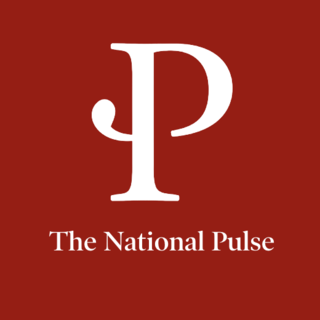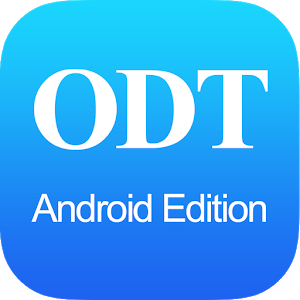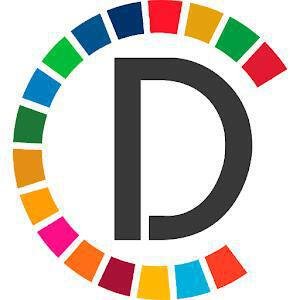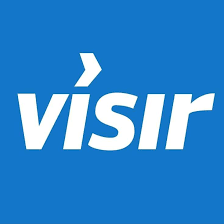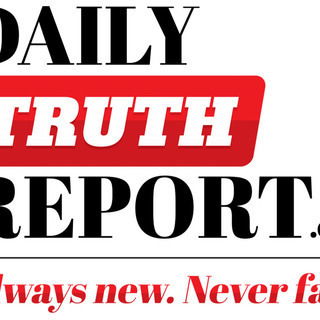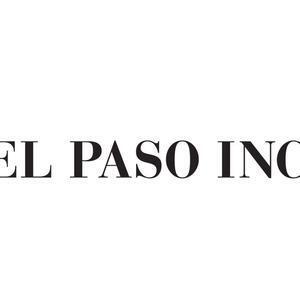- The CDC is planning a study to explore a potential link between vaccines and autism, according to a report. Secretary of Health and Human Services Robert F. Kennedy Jr., who expressed vaccine skepticism, oversees the CDC.
- While numerous studies have found no link between vaccines and autism, the CDC aims for thorough research.
- Experts, including the Infectious Diseases Society of America, stress that vaccines are safe and effective. They warn that diverting resources to this study could delay important research into autism’s unknown causes.
Full Story
The Centers for Disease Control and Prevention (CDC) is planning a large study to investigate a potential link between vaccines and autism, according to two sources who spoke to Reuters. The decision comes amid a measles outbreak in the country, with most cases occurring in Texas and New Mexico.
Nearly 200 cases have been reported in West Texas, while 30 cases have been confirmed in New Mexico. Two people have died, and 23 others have been hospitalized. It remains unclear how many of those infected had been vaccinated.
President Trump’s newly sworn-in Secretary of Health and Human Services, Robert F. Kennedy Jr., oversees the CDC. A vaccine skeptic, he previously suggested that vaccines could play a role in children being diagnosed with autism. He refrained from making such claims during his confirmation hearings.
Kennedy released a statement addressing the measles outbreak, saying in part: “As healthcare providers, community leaders, and policymakers, we have a shared responsibility to protect public health. This includes ensuring that accurate information about vaccine safety and efficacy is disseminated. We must engage with communities to understand their concerns, provide culturally competent education, and make vaccines readily accessible for all those who want them.”
According to the Autism Community in Action, in 2000, autism was diagnosed in 1 in 150 children. By 2023, that number had increased to 1 in every 36.
Numerous peer-reviewed, high-quality studies have found no link between autism and vaccines.
“The CDC will leave no stone unturned in its mission to figure out what exactly is happening. The American people expect high-quality research and transparency, and that is what the CDC is delivering,” said a joint statement from the Department of Health and Human Services (HHS) and the CDC.
The Infectious Diseases Society of America also released a statement on the CDC’s vaccine-autism study, stating in part: “Vaccines have been thoroughly researched and administered to large numbers of people of all ages and have been proven to be very safe and effective in preventing the spread of many serious infectious diseases and dramatically reducing deaths. Decades of research and hundreds of carefully designed and scientifically sound studies show no link or association between vaccines and autism.
“The announcement that the CDC will look at potential links between vaccines and autism means that significant federal resources will be diverted from crucial areas of study, including research into the unknown causes of autism, at a time when research funding is already facing deep cuts.”
The cause of autism remains unknown.

























































